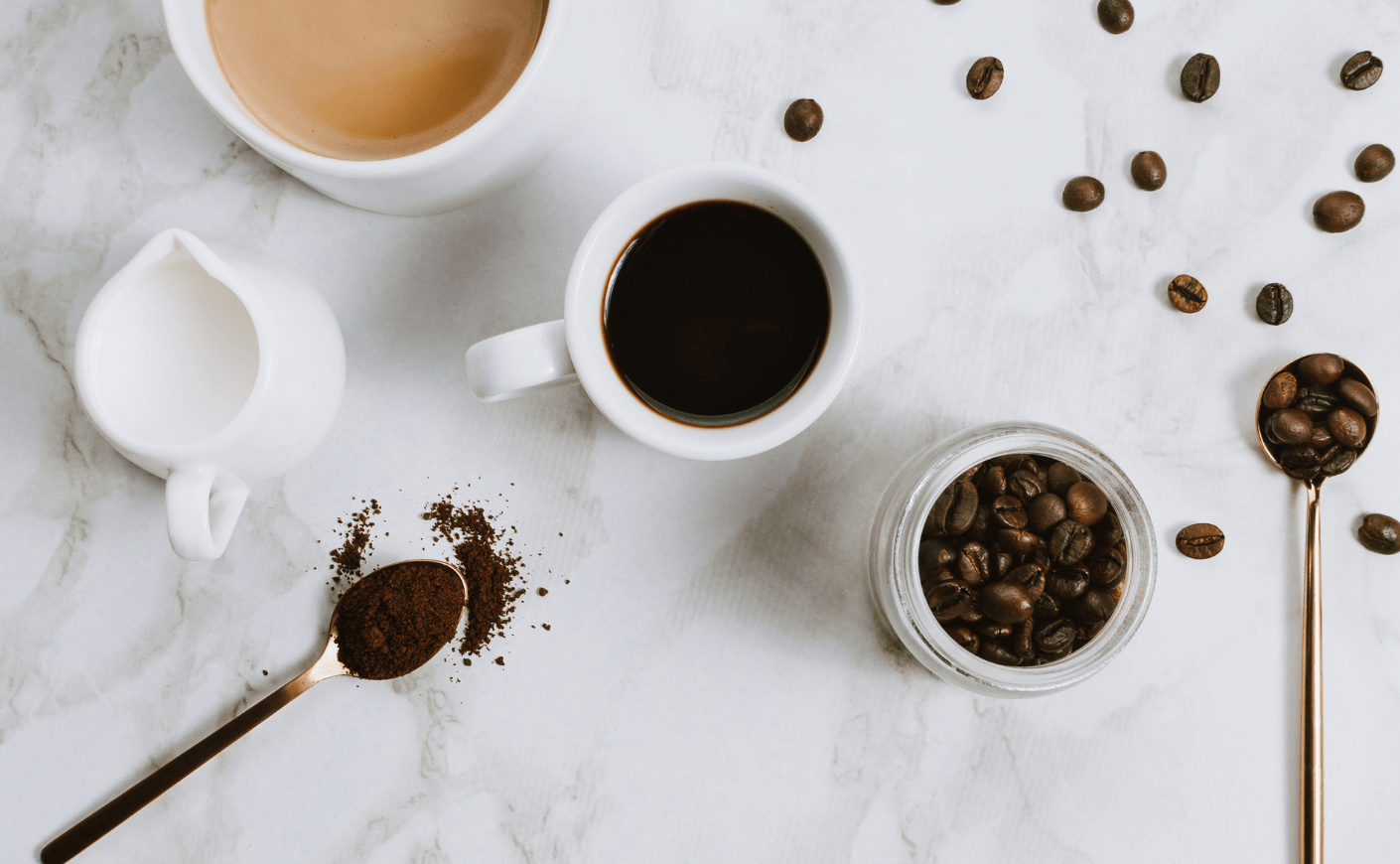We’re drinking way more coffee than ever before. In fact, more than 62 percent of Americans drink coffee every single day. And those of us who do drink that dark nectar of the gods are averaging three cups a day, according to the National Coffee Association.
While the health benefits of drinking coffee are constantly being touted — research says it can help burn fat, boost energy levels, and lower your risk of type two diabetes — the benefits don’t always outweigh the effects of the additions we're pouring into it.
“Many coffee creamers out there are made of junk dairy from conventional cows that have been pumped full of antibiotics, which is then blended with artificial flavorings, inflammatory oils, and sweeteners. You absolutely want to avoid this,” says Mark Hyman, MD, author of The Pegan Diet. “It’s the worst way to start your day and sets you up for a blood sugar roller coaster, cravings, weight gain, and mood swings.”
So while creamers may seem like an innocent addition to an otherwise healthy morning beverage, you may want to give a second thought to which ones you're using (if any at all). Below, we're breaking down the most pressing questions around coffee creamers and providing the simplest option for a healthier alternative.
What exactly is coffee creamer made from?
That depends. Coffee creamers are mostly made up of water, oils, and sugar. They're typically free from cream or lactose products, but contain milk-derived proteins, so they're not necessarily dairy-free.
One of the most popular coffee creamer brands, Coffee mate, is filled with partially hydrogenated oils, corn syrup, potentially harmful preservatives, and other refined sugars. And unfortunately, Coffee mate doesn't contain any vitamins, minerals, or antioxidants, so there are no real nutritional benefits to drinking it. And while it might seem like an innocent pour or two of creamer won't do any harm, over time, the cumulative effect of these chemicals can be just plain unhealthy — that partially hydrogenated oil alone has been identified as problematic for heart health by the Mayo Clinic.
Are sugar-free or fat-free creamers safe?
Not really. They tend to be made of the same stuff, plus additional chemicals from artificial sweeteners, including maltodextrin, which has been declared safe by the Food and Drug Administration but has also been shown to alter gut bacteria and potentially trigger IBD. Swapping calories for chemicals? No thanks.
Why are coffee creamers bad for you?
You've heard it before: It’s always best to avoid super-processed chemicals, oils, and artificial syrups and sweeteners. And, unfortunately, that's what's in most coffee creamers on the market. (Sucralose, for example, is a common additive in sugar-free creamers, and has also been known to negatively impact your gut microbiome.) Nutritionists recommend always checking out the label — be sure you can pronounce, or at least recognize, every ingredient that's listed. Otherwise, put it back on the grocery shelf.
What's the difference between creamer and half-and-half?
The main difference is that half-and-half contains milk. It's made of equal parts heavy whipping cream and milk. Sounds...heavy. But it's actually a lighter alternative to using plain heavy cream.
What is a healthier alternative to coffee creamer?
"Real full-fat cream from grass-fed cows raised on pasture is a better option when it comes to using dairy in your coffee but, again, I wouldn’t suggest using it daily due to the general inflammatory nature of cow’s milk," explains Dr. Hyman. And what about non-dairy creamers, like those made from oat or almond milks? "Non-dairy creamers are not necessarily better, though, and you still have to be very careful about reading labels,” says Dr. Hyman.
In the end, if you're drinking multiple cups of coffee a day, switching to real milk or cream from grass-fed cows may be your best option, assuming you can tolerate dairy. Or, if you're ready to make an even bigger change, consider adjusting your palate over time by decreasing the amount of creamer you use, or skipping coffee creamers altogether. You might find that the taste of unadulterated java is just as satisfying.









